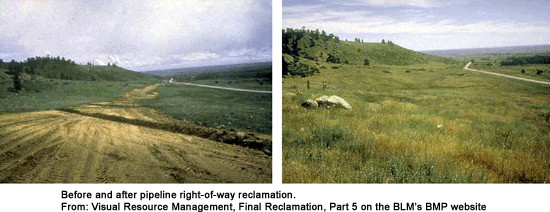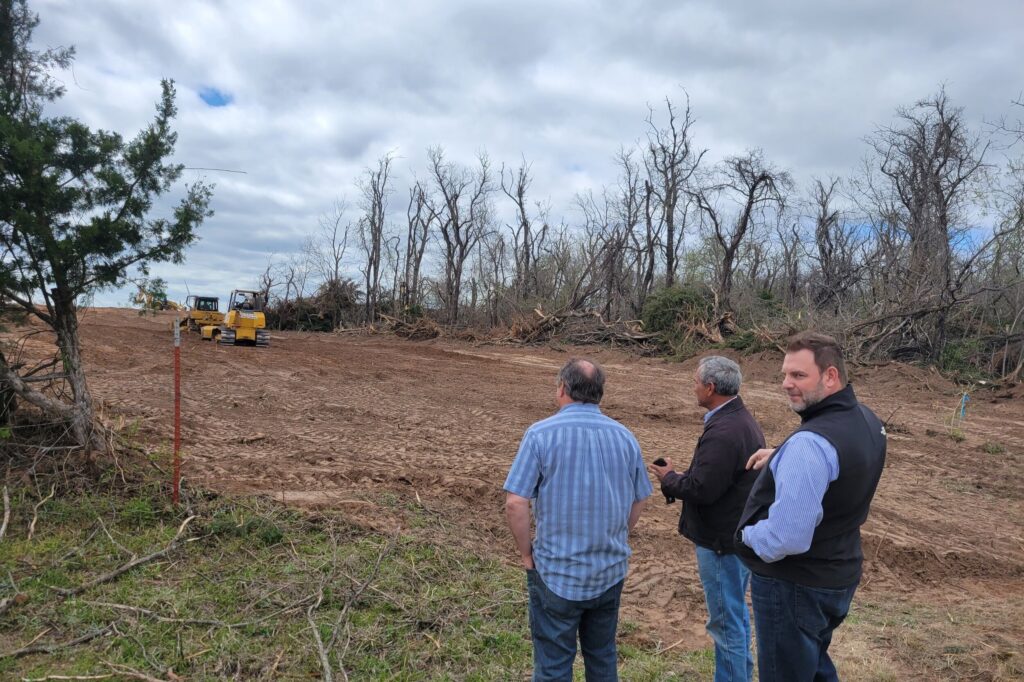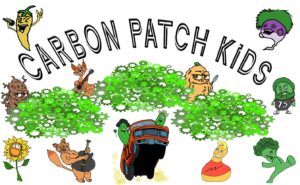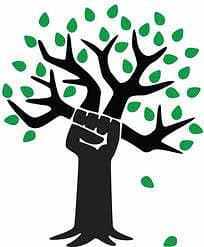
The extraction of oil and gas has been a major part of the global economy for many years. However, the impact of this industry on the environment and natural resources has often been overlooked. As a result, oil and gas companies are increasingly turning to reclamation practices to mitigate their environmental impact.
Reclamation is the process of restoring land that has been disturbed by development activities, such as oil and gas extraction.
Through reclamation, the land can be returned to its original condition or even used for new purposes.
This article will discuss the various reclamation practices used in oil and gas operations and the benefits they can provide.

What is Reclamation?
Reclamation is the process of restoring land to its original condition or a condition that is suitable for new uses. The goal of reclamation is to restore or improve the land to a condition suitable for human use. Reclamation typically involves removing any structures or materials that were used in the extraction of oil and gas and restoring the land to its original condition. Reclamation can also involve replacing vegetation, restoring waterways, and mitigating erosion.
Reclamation practices are often used in areas where oil and gas operations have disturbed the land. These practices can help to mitigate the environmental impact of oil and gas operations and restore the land to a condition suitable for future use.
Benefits of Reclamation
Reclamation practices can provide a number of benefits to oil and gas operators, the environment, and the local community. Some of the benefits of reclamation practices include:
• Improved safety – Reclamation practices can help to reduce the risk of accidents and injuries associated with oil and gas activities. By restoring the land, hazards such as sinkholes, unstable slopes, and contaminated water can be eliminated.
• Reduced environmental impacts – Reclamation practices can help to reduce the impacts of oil and gas operations on the environment. By restoring the land to its original condition, damage that has been caused by the extraction of oil and gas can be mitigated.
• Improved aesthetics – Reclamation practices can help to improve the appearance of the land and make it more appealing to the local community.
• Improved economic benefits – Reclamation practices can create jobs and stimulate economic activity in the local area. By restoring the land to its original condition or a condition suitable for new uses, the local economy can be boosted.
Types of Reclamation Practices
There are a number of different reclamation practices that are used in oil and gas operations. These practices can vary depending on the type of oil and gas operations and the environmental conditions in the area. Some of the most common reclamation practices used in oil and gas operations include:
• Soil stabilization – Soil stabilization is the process of strengthening and stabilizing the soil to prevent erosion and other environmental impacts. This is often done by adding vegetation, stabilizing the soil with sand or gravel, or using other techniques.
• Land reclamation – Land reclamation is the process of restoring the land to its original condition or a condition suitable for new uses. This can involve removing any structures or materials used in the extraction of oil and gas and replacing vegetation.
• Water reclamation – Water reclamation is the process of restoring water sources that have been disturbed by oil and gas activities. This can involve removing any contaminants from the water and restoring the water to a condition suitable for human use.
• Waste management – Waste management is the process of safely disposing of any waste that is generated from oil and gas activities. This can include oil, gas, chemicals, and other materials.
Conclusion
Reclamation practices are an important part of oil and gas operations and can provide a number of benefits to the environment, the local community, and the oil and gas operator.
Reagan Smith, who was shown above in the photo, can be contacted at 405-286-9326 or email at info@reagansmith.com for more information.
They are one of many companies who can assist with reclamation in oil and gas.
These practices can help to reduce the environmental impacts of oil and gas operations and can restore the land to its original condition or a condition suitable for new uses.
By implementing reclamation practices, oil and gas operators can ensure that their operations are sustainable and that they are doing their part to protect the environment.
Submit your Article Ideas to The Crude Life! Email studio@thecrudelife.com
About The Crude Life
Award winning interviewer and broadcast journalist Jason Spiess and Content Correspondents engage with the industry’s best thinkers, writers, politicians, business leaders, scientists, entertainers, community leaders, cafe owners and other newsmakers in one-on-one interviews and round table discussions.
The Crude Life has been broadcasting on radio stations since 2012 and posts all updates and interviews on The Crude Life Social Media Network.
Everyday your story is being told by someone. Who is telling your story? Who are you telling your story to?
#thecrudelife promotes a culture of inclusion and respect through interviews, content creation, live events and partnerships that educate, enrich, and empower people to create a positive social environment for all, regardless of age, race, religion, sexual orientation, or physical or intellectual ability.
Sponsors, Music and Other Show Notes

Studio Sponsor: The Industrial Forest
The Industrial Forest is a network of environmentally minded and socially conscious businesses that are using industrial innovations to build a network of sustainable forests across the United States.
Weekly Sponsor: Stephen Heins, The Practical Environmentalist
Historically, Heins has been a writer on subjects ranging from broadband and the US electricity grid, to environmental, energy and regulatory topics.
Heins is also a vocal advocate of the Internet of Everything, free trade, and global issues affecting the third of our planet that still lives in abject poverty.
Heins is troubled by the Carbon Tax, Cap & Trade, Carbon Offsets and Carbon Credits, because he questions their efficacy in solving the climate problem, are too gamable by rent seekers, and are fraught with unreliable accounting.
Heins worries that climate and other environmental reporting in the US and Europe has become too politicized, ignores the essential role carbon-based energy continues to play in the lives of billions, demonizes the promise and practicality of Nuclear Energy and cheerleads for renewable energy sources that cannot solve the real world problems of scarcity and poverty.
Look at what’s happened to me.
I can’t believe it myself.
Suddenly I’m down at the bottom of the world.
It should have been somebody else
Believe it or not, I’m walking on air.
I never thought I could feel so free-e-e.
Barterin’ away with some wings at the fair
Who could it be?
Believe it or not it’s just me
The Last American Entrepreneur
Click here of The Last American Entrepreneur’s website

Studio Email and Inbox Sponsor: The Carbon Patch Kids
The Carbon Patch Kids are a Content Story Series targeted for Children of All Ages! In the world of the Carbon Patch Kids , all life matters and has a purpose. Even the bugs, slugs, weeds and voles.
The Carbon Patch Kids love adventures and playing together. This interaction often finds them encountering emotional experiences that can leave them confused, scared or even too excited to think clearly!
Often times, with the help of their companions, the Carbon Patch Kids can reach a solution to their struggle. Sometimes the Carbon Patch Kids have to reach down deep inside and believe in their own special gift in order to grow.
The caretakers of Carbon Patch Kids do their best to plant seeds in each of the Carbon Patch Kids so they can approach life’s problems with a non-aggressive, peaceful and neighborly solution.
Carbon Patch Kids live, work and play in The Industrial Forest.
Click here for The CarbonPatchKids’ website

Featured Music: Alma Cook
Click here for Alma Cook’s music website
Click here for Alma Cook’s day job – Cook Compliance Solutions
For guest, band or show topic requests, email studio@thecrudelife.com
Spread the word. Support the industry. Share the energy.





